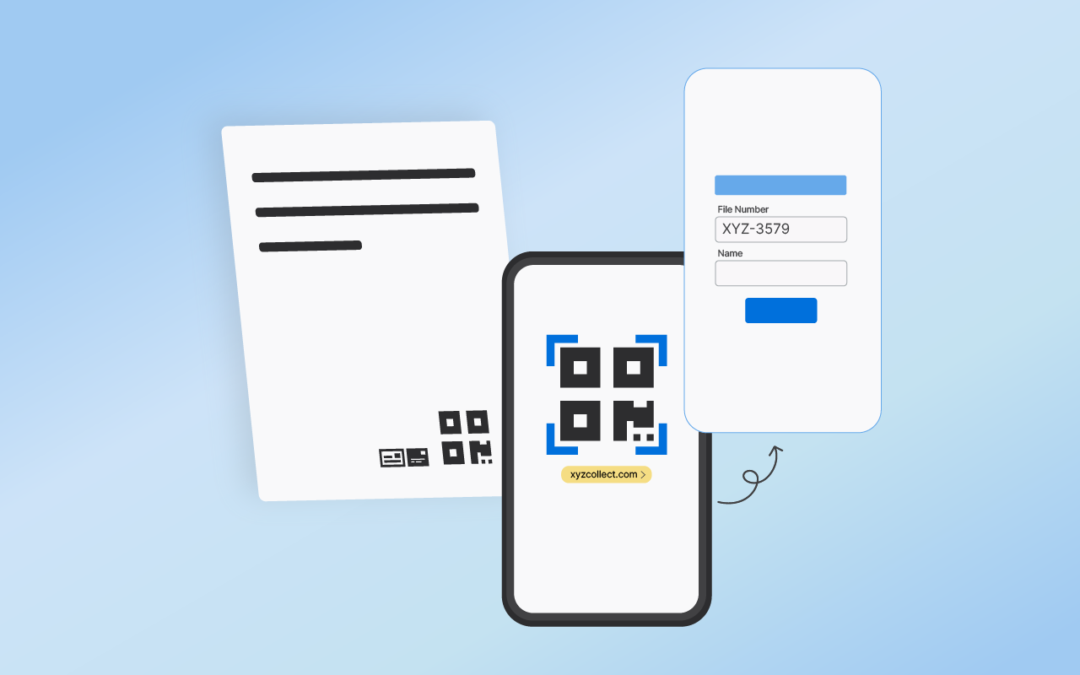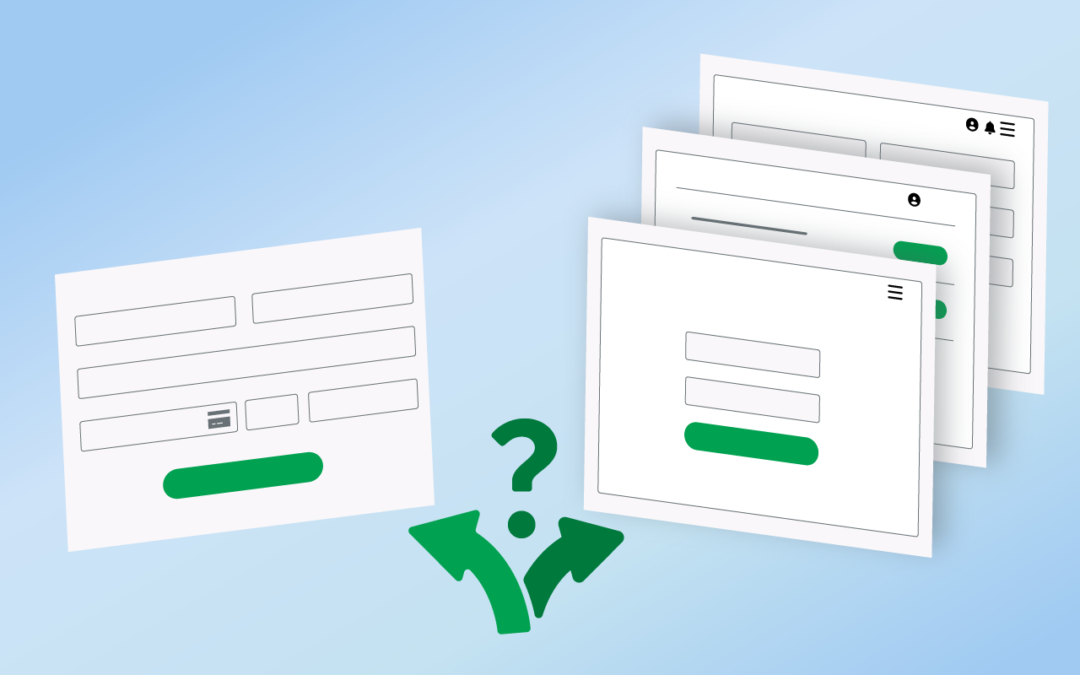Understanding consumer behavior and preferences is key to success in debt collection. Aggressive collection tactics are increasingly met with resistance from consumers. So, what’s driving this shift in sentiment?
Today’s consumers are more informed and empowered than ever. They’re knowledgable about their legal rights and protections and are more likely to push back against aggressive collection efforts. And that’s a good thing. It ensures consumers are treated fairly and protects collection firms from legal repercussions.
More collection firms are responding by adopting a more respectful and collaborative approach to debt recovery. Not only is it the ethical choice, it’s also more effective for building trust and achieving successful results.
As aggressive collection tactics fade, they’re replaced with a more consumer-focused approach that involves negotiation and effective communication. In this article, we’ll highlight some of the benefits of negotiating in debt collections.
Builds trust and rapport
Negotiation creates a dialogue between the creditor and debtor. This dialogue can help establish trust and rapport, making the debtor more likely to cooperate and engage in the repayment process.
Consumers are often defensive when it comes to dealing with collection firms. When they see that you’re willing to work with them rather than against them, it eases tension and opens the door to constructive conversations. By negotiating with consumers, you acknowledge their choice and their perspective, which gives them a sense of sense of agency and control over their financial affairs.
Building trust and rapport through negotiation not only increases your chances chances of successful debt recovery, it also contributes to a more positive and ethical approach to the entire industry.
Increase recovery rates
Consumers may dodge communications or become defensive with firms are aggressive or uncompromising. Through negotiation, you can work with consumers to create customized repayment plans that consider the consumer’s ability to pay. You can even automate negotiation with software that allows consumers to create their own payment plan, select from a list of payment options, or provide hardship information.
Negotiating can also help you reach a resolution faster. When consumers see that you’re willing work with them, they’re more likely to be motivated to pay down their balances quickly. This reduces the time and resources associated with lengthy collection efforts.
Reduces legal costs and hassle
Open and constructive communication with consumers eliminates the need for expensive legal proceedings. By negotiating with consumers, you may be able to avoid putting time and effort into taking legal action.
While going through the legal system is a viable strategy for some cases, this requires resources, time, and money that affect your operational efficiency. Negotiating with consumers who demonstrate a willingness to pay allows you to focus your efforts on cases that genuinely require legal action.
Building a reputation for being fair, empathetic, and ethical can encourage consumers to be more cooperative. In turn, this reduces the likelihood of legal disputes.
Reduce risk of non-payment.
When consumers are forced to agree to unaffordable payment plans increases the risk of non-payment. Listening to a consumer’s financial concerns can help you understand their challenges. With this information, you can present payment options that work with the consumer’s budget.
By working with the consumer to set realistic payment terms, you can reduce the risk of abandoned payment plans. This also allows the consumers to feel a sense of control and fosters a sense of commitment to the payment plan. Consumers are less likely to evade payments when they trust you have their best interests in mind.




